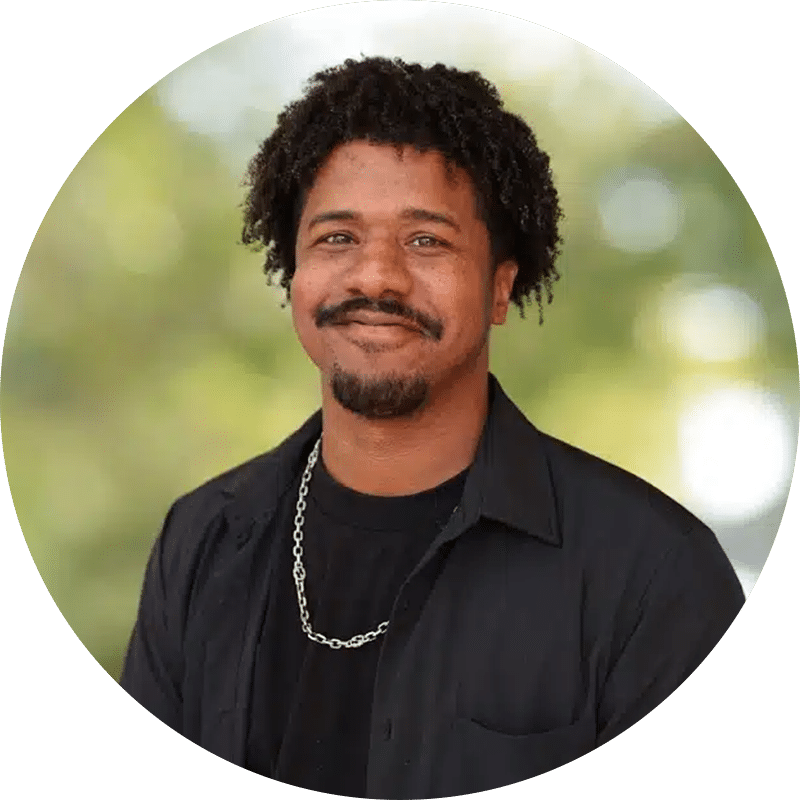Have you ever tried to think back to your early childhood, only to be met with a blank space? Maybe you recall flashes of birthdays or school moments, but the details are foggy at best. For some, it’s not just hazy – it’s completely absent. You might even wonder, “Why can’t I remember my childhood?”
This question is far more common than most people realize. While it may seem unsettling, especially when others recall vivid tales from their youth, the reality is that memory gaps from childhood – particularly the early years – are a universal experience to some degree. However, these gaps are wider, deeper, and more emotionally charged for some individuals.
In this blog, we’ll explore the psychological, developmental, and neurological reasons why childhood memories vanish or remain out of reach. From brain development and cognitive limitations to trauma and repression, there’s more to memory loss than meets the eye.
Causes of Childhood Amnesia
The phenomenon of forgetting early life events is often referred to as childhood amnesia, which nearly everyone experiences to some degree. Generally, most adults cannot remember memories from before the age of 3 or 4, and even those from early childhood (ages 5–7) are fragmented or fuzzy.
But why is this?
The causes of childhood amnesia can stem from a combination of natural brain development, emotional factors, and protective psychological responses.
Here are some of the most commonly recognized contributors:
- Underdeveloped memory systems in early childhood
- Language limitations during early development that affect memory encoding
- High levels of neuroplasticity, which allow the brain to grow rapidly but also rewrite memory pathways
- Stress or trauma, which may interfere with how memories are stored or accessed
- Psychological repression, where the brain actively blocks painful experiences from conscious recall
Treat Mental Health Texas
Brain Development and Early Memories
Memory formation isn’t simply a mental act – it’s a biological process. And during early childhood, the brain is still learning how to perform that task efficiently. The hippocampus, a critical structure responsible for storing long-term memories, is underdeveloped in infancy and continues to mature through adolescence. Studies suggest that up to 40% of early memories recalled by children under age 7 are lost by the time they’re 10 – a process known as childhood memory forgetting. By adulthood, only the strongest or most emotionally significant memories tend to remain.
During early years, brain activity is primarily focused on:
- Building new neural connections
- Learning basic motor and language skills
- Developing emotional regulation pathways
- Forming early attachment systems

The Role of Trauma in Memory Loss
For some, the absence of childhood memory goes beyond normal forgetting – it’s tied to emotional pain. Traumatic experiences, especially in early life, can significantly alter how the brain processes, stores, and retrieves memory.
When the body is under extreme stress, the brain activates its fight-or-flight response. In this state, the priority shifts from memory formation to survival.
In fact, trauma often leads to dissociation – a defense mechanism that can create mental distance between the individual and the painful experience.
Here’s a breakdown of how trauma can alter memory:
| Trauma Response | Impact on Memory |
| Dissociation | May block memory formation during trauma |
| Hyperarousal | Disrupts the brain’s ability to encode long-term memories |
| Fragmentation | Stores memories in pieces (images, smells, sounds), not in coherent narratives |
| Avoidance | Leads to long-term suppression or “forgetting” of events |
Cognitive Development and Memory Formation
Memory doesn’t operate in isolation – it’s closely tied to cognitive development. Young children lack the fully developed metacognitive abilities (awareness of their own thoughts) and narrative skills (the ability to structure events into stories) that help us form coherent memories.
This means that even emotionally rich experiences may not form lasting memories if the child couldn’t:
- Understand what was happening
- Attach language to the experience
- Link it to other memories or context
Repression and Its Impact on Childhood Memories
Repression is a psychological defense mechanism where the brain subconsciously hides memories that are too painful or threatening to confront. This form of memory loss is not the same as forgetting where you put your keys – it’s an active, often unconscious process.
People who’ve experienced emotional neglect, abuse, or other forms of psychological harm in childhood may not remember specific incidents, but they might feel the effects years later.
Common signs of repressed memories include:
| Repression vs. Normal Forgetting | Comparison |
| Repression | Emotion-driven, unconscious blocking of memory due to distress |
| Normal Forgetting | Age-related fading or cognitive limitations |
| Repressed Memories | Often return through therapy, dreams, or emotional triggers |
| Forgotten Memories | Typically unrecoverable due to a lack of storage or context |
Treat Mental Health Texas
Neurological Factors Affecting Early Memory
Several neurological factors influence early memory storage and retrieval, including psychological and developmental aspects. Your brain is constantly changing, pruning unused connections and strengthening others through synaptic plasticity.
Several brain systems are involved in memory processing:
- The hippocampus encodes long-term and autobiographical memory
- Amygdala – attaches emotional significance to memories
- Prefrontal Cortex – supports reasoning and recall
- Temporal Lobes – processes and stores sensory memory
Why Some Struggle to Remember Childhood
Brain scans show that the hippocampus is only 40% developed at birth and doesn’t fully mature until around age 7, which helps explain why most early memories don’t last.
Here are neurological reasons why some may struggle to remember childhood:
- Delayed hippocampal development in early life
- Neuroinflammation or high cortisol levels due to chronic stress
- Epilepsy or early head injuries
- Neurodivergence (e.g., ADHD, autism), which may influence memory processing

Ways to Enhance Memory Recall
Even though some childhood memories may be lost to time or trauma, others can often be gently uncovered through intentional practice and emotional work. Memory isn’t static – it can be reconstructed, retrieved, and sometimes reinterpreted.
Here are supportive strategies for enhancing memory recall:
- Journaling regularly stimulates memory pathways and associations
- Looking through childhood photos, visual cues can trigger emotional or contextual memory
- Speaking with family members – stories from others may jog your memory
- Meditation and mindfulness promote emotional awareness and inner stillness for memories to surface
- Creative expression – drawing, painting, or music can unlock subconscious material
- Working with a trauma-informed therapist to explore repressed memories safely
Unlock What’s Hidden – Explore Healing with Treat Mental Health Texas
If you find yourself saying, “Why can’t I remember my childhood?” – you’re not alone. Memory gaps can feel confusing, but they also hold clues about your inner world, your resilience, and your story. Whether your memory loss is developmental, emotional, or trauma-based, healing is possible.
At Treat Mental Health Texas, our compassionate team of professionals offers trauma-informed, personalized care to help you explore memory, identity, and emotional safety. Through gentle therapy techniques and evidence-based practices, we’ll help you understand your past – and empower your present.
Connect with us today to begin your journey toward clarity, healing, and rediscovery.
Treat Mental Health Texas
FAQs
- What neurological factors contribute to childhood amnesia and affect early memory development?
Underdeveloped memory systems like the hippocampus, high neuroplasticity, and stress-induced neurochemical imbalances can disrupt how memories are stored and retrieved in early childhood.
- How does brain development influence the formation and retention of early childhood memories?
Because the brain’s memory centers are still maturing during early childhood, especially before age 7, memories often aren’t encoded in a lasting, retrievable way, leading to natural childhood amnesia.
- In what ways can trauma lead to memory loss and contribute to childhood amnesia?
Trauma activates survival responses in the brain, which can inhibit memory formation or lead to repression. Memories may become fragmented, distorted, or entirely blocked as a protective mechanism.
- How do cognitive development stages impact the ability to form and recall early memories?
Cognitive abilities like language, self-awareness, and narrative thinking develop gradually. Without these, experiences may not be organized into meaningful memories that can be recalled later.
- What role does repression play in the loss or distortion of childhood memories?
Repression is the brain’s unconscious way of protecting us from distressing memories. It may cause certain childhood events to be blocked from conscious awareness, especially those tied to emotional pain.










